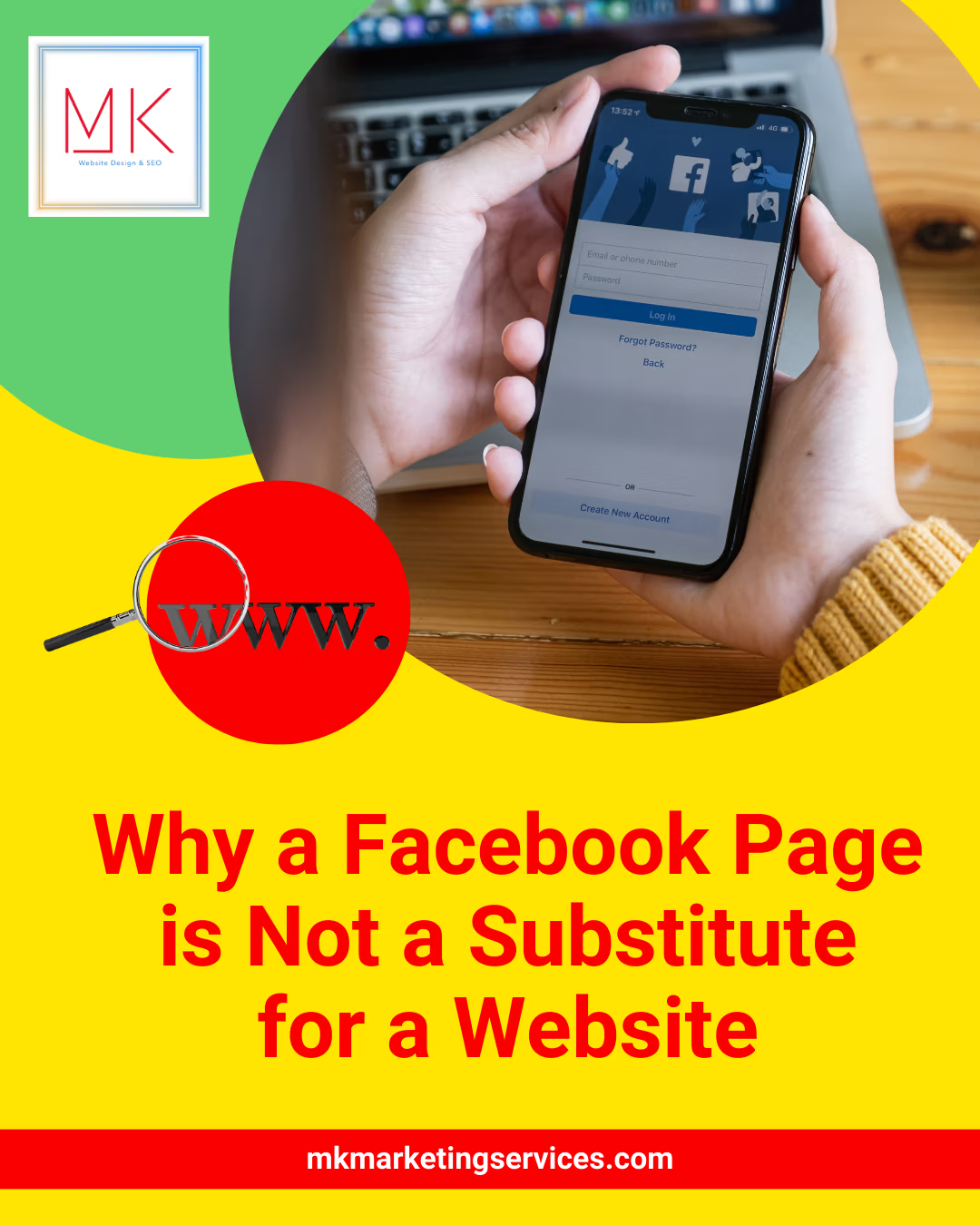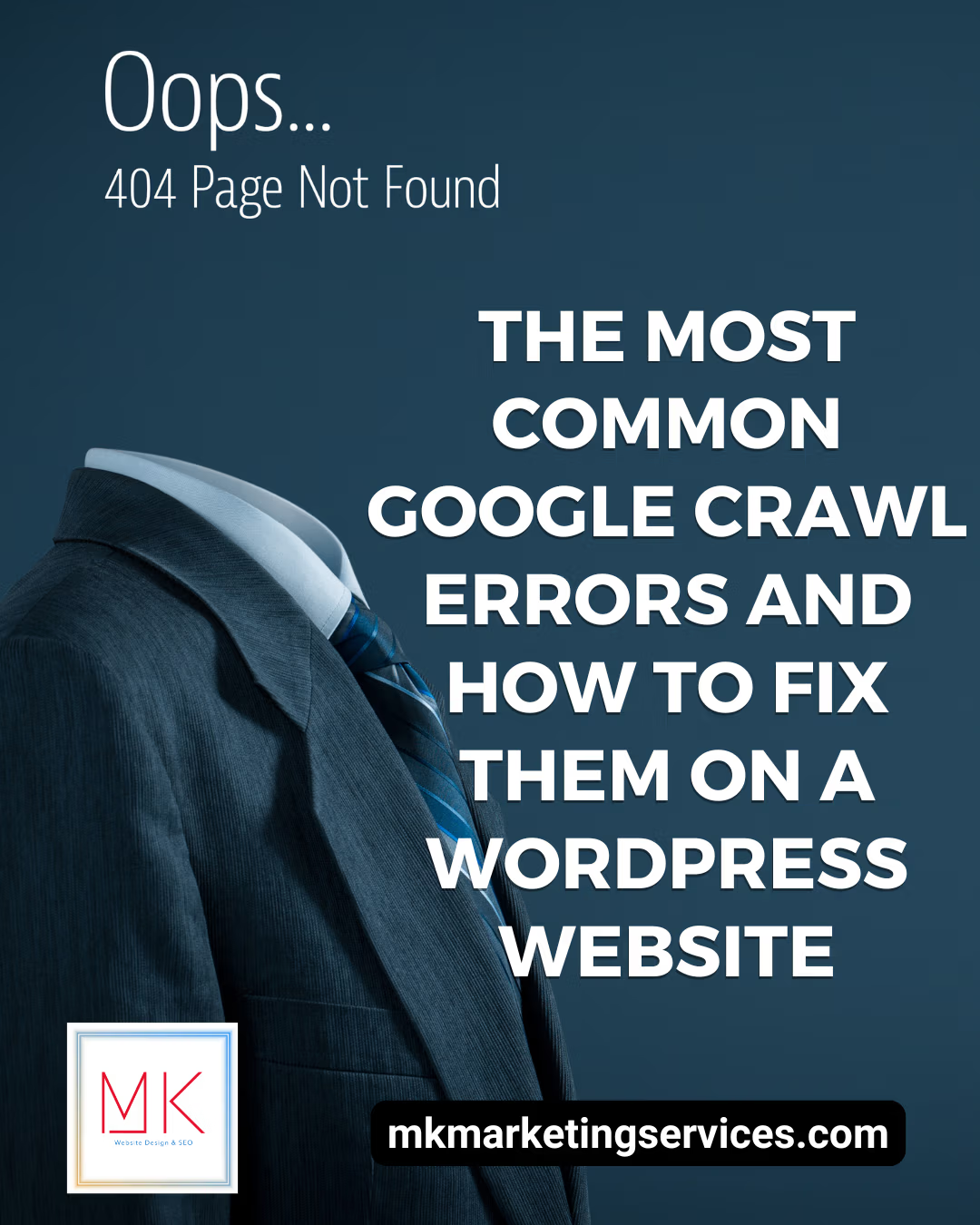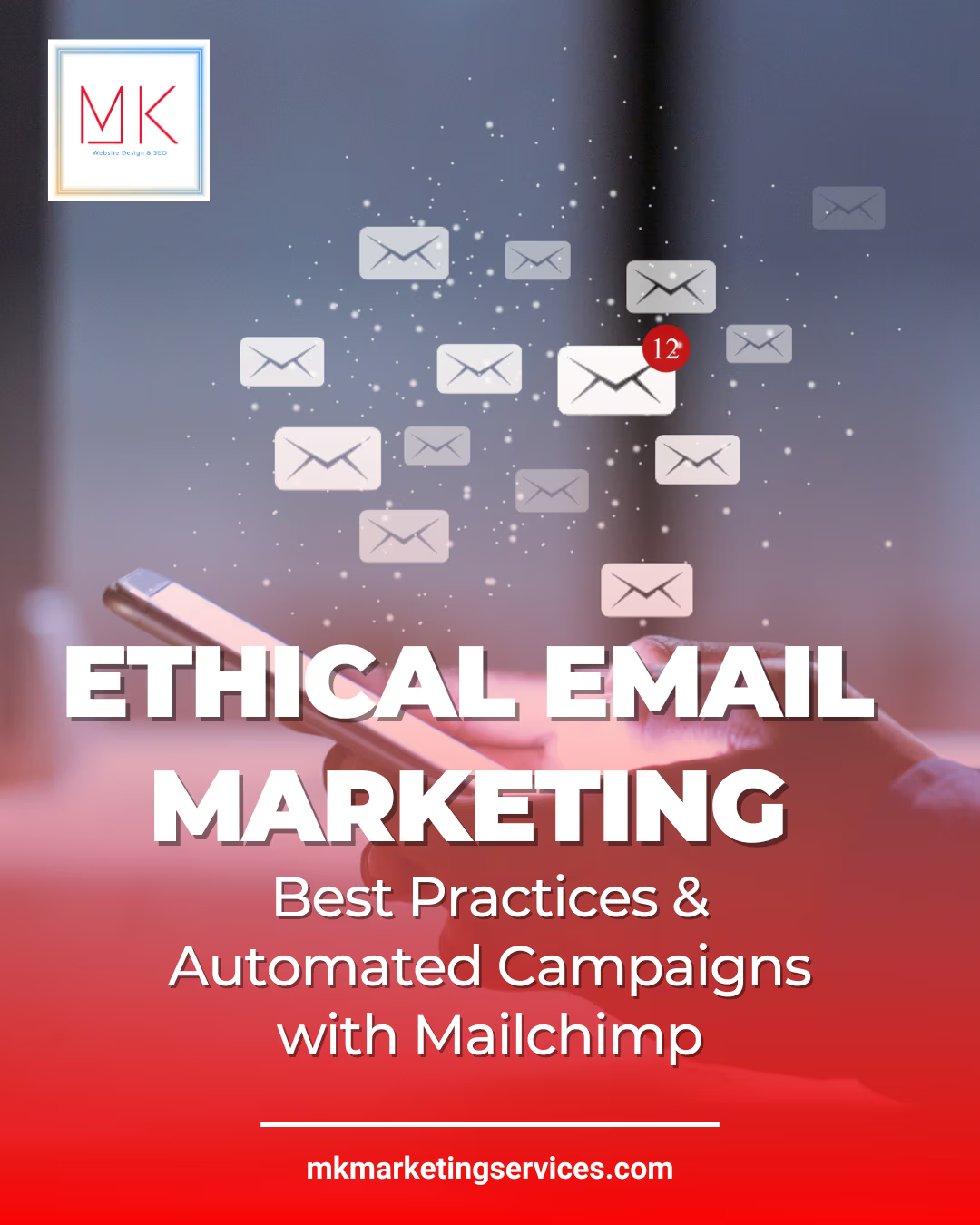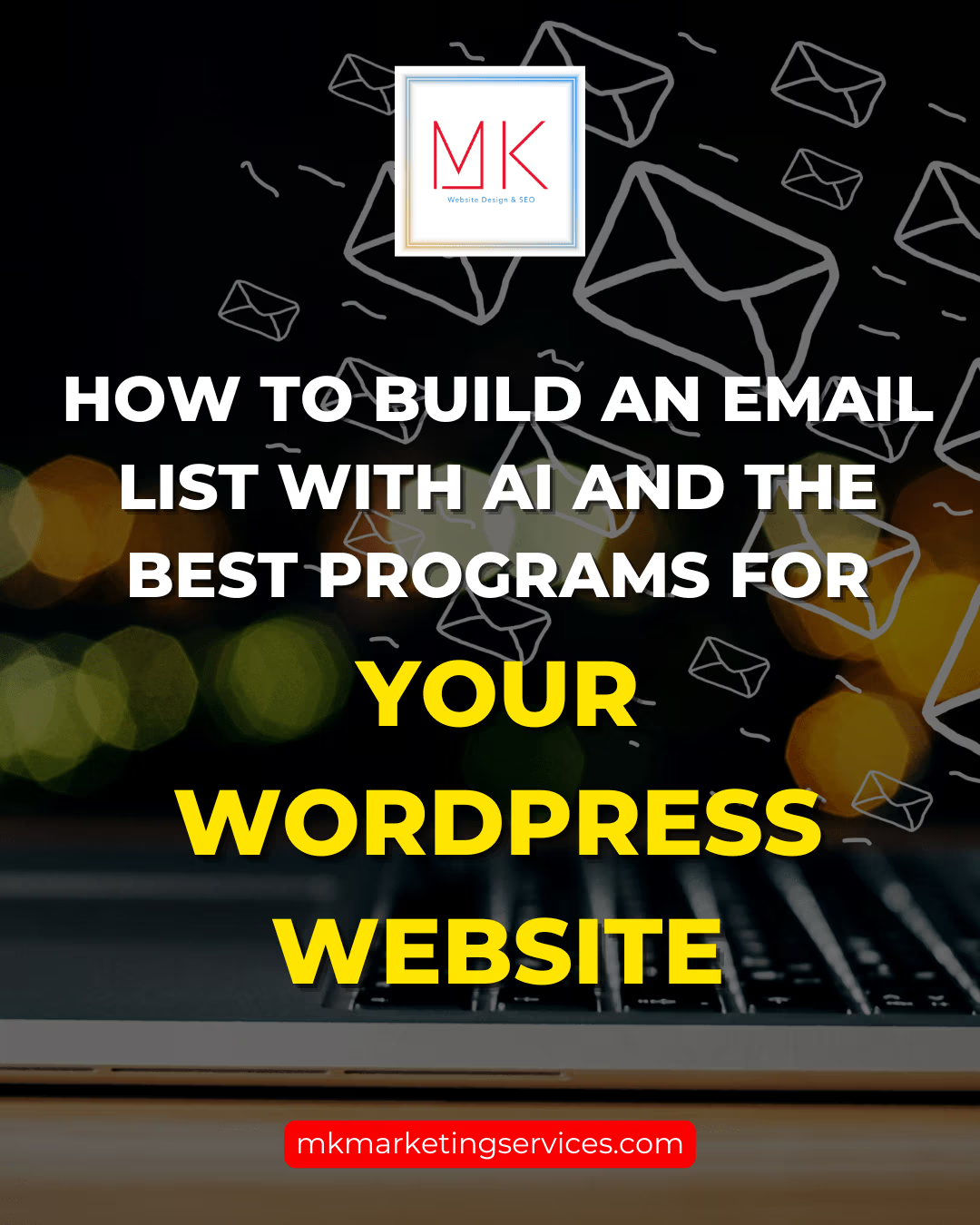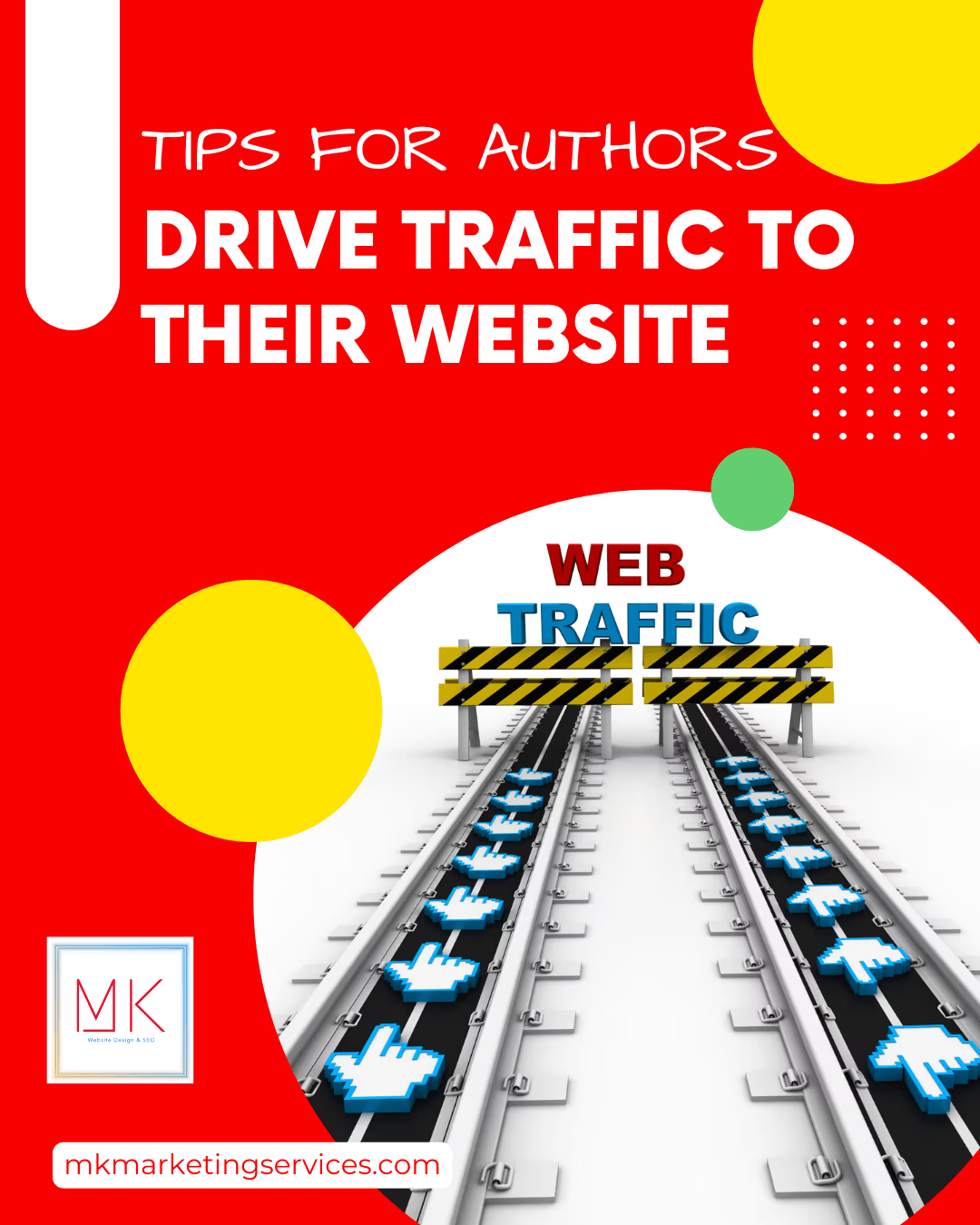Over the years, Facebook has transformed the world of social media. For businesses, it presents an opportunity to engage with their customers and prospects. While having a Facebook page may seem like a cheaper alternative to building a website, it is not wise to substitute it for a business website. A Facebook presence should never replace the value of a website, as they each serve a distinct purpose. In this blog post, we will delve into the reasons why a Facebook page is not a substitute for a website.
1. Facebook Pages have Limited Customization Abilities:
Facebook pages are designed to be uniform across all Facebook users. Thus, the options for customization are limited, and businesses cannot create a unique identification that sets them apart from their competitors. Unlike a website, where customization options are nearly limitless, a Facebook page just offers templates that can be similar to other businesses. Therefore, limiting your creativity and failing to showcase the uniqueness of your business.
2. Facebook Page Algorithm Changes
The Facebook algorithm determines the reach of your posts. Recently, these algorithm changes have begun to limit and reduce the reach of a business page’s posts. As a result, Facebook business pages have become less viable for reaching a business’s entire audience effectively. When you rely on Facebook to serve as your online business profile, if a Facebook algorithm change restricts organic reach more than you expected, either in the number of people who can see your posts or in the reduction in your budget’s conversion potential, you’re just stuck.
3. Limited Control over Facebook Pages because they belong to Facebook
While Facebook owns the content you post on its site, your website is yours alone to hold full control, which isn’t the case with Facebook. Facebook can shut down your page at any time if it violates their community guidelines or terms of service. Hence, you can lose your customer base, posts, and valuable customer information you had built up over the years, leaving you vulnerable to serious business setbacks.
4. Facebook Business page can’t fully showcase your business offerings:
Facebook pages allow businesses to showcase products and services’ descriptions, but it lacks the depth and detail that a website can offer. Websites can host comprehensive photo galleries, display reviews, and provide detailed descriptions of products/services compared to a Facebook business page, which does not provide an adequate platform to do justice to those specific details.
5. Customer perception
Having a well-designed website is essential when building trust and establishing credibility in your business. Customers expect businesses to have a website which displays all business information professionally. Without a website, customers may question the legitimacy and legitimacy of a business. A Facebook business page just sees a business through the lens of social, which can significantly impact brand reputation, sales volume, and costing businesses much-needed revenue.
In conclusion, the debate isn’t whether one should choose Facebook over a website or a website over Facebook. Instead, businesses need to understand the two channels’ function and optimize both components. A website and a Facebook business page should complement each other, not substitute each other. A website is the central hub for all your content and has no limit when it comes to customization, control, and modes of presentation. Facebook is the ideal channel for engaging with customers and promoting content to a broader audience. So, prioritize building a website along with a Facebook page to establish a strong online presence.

